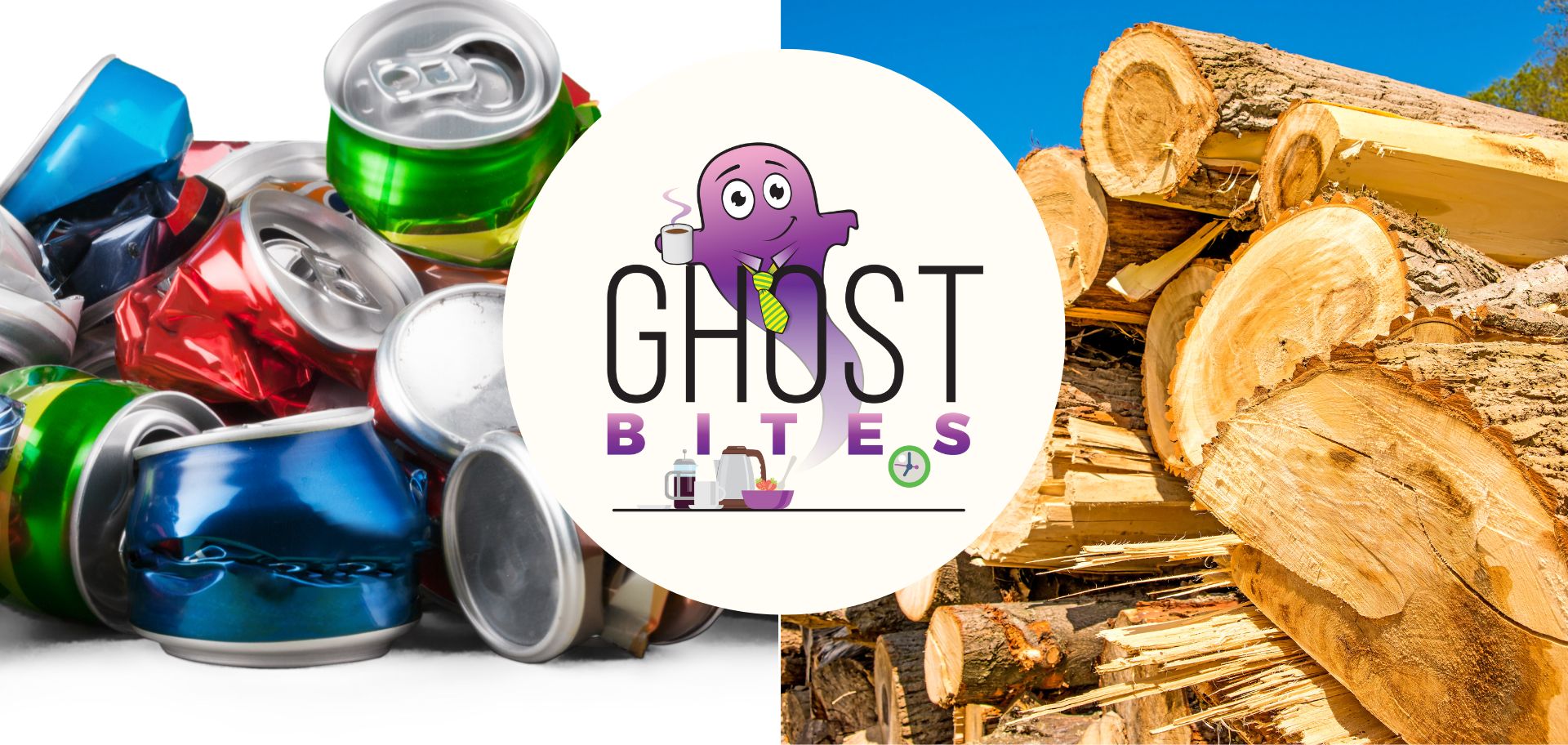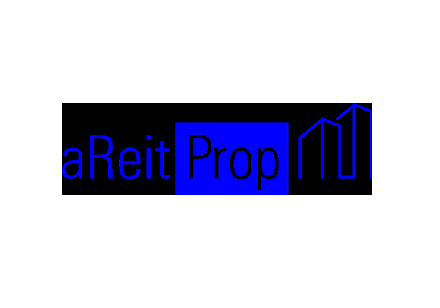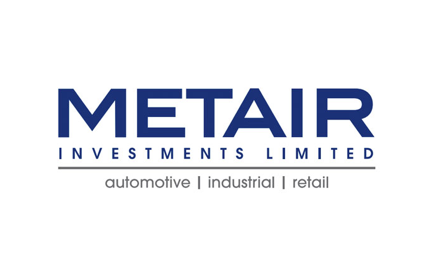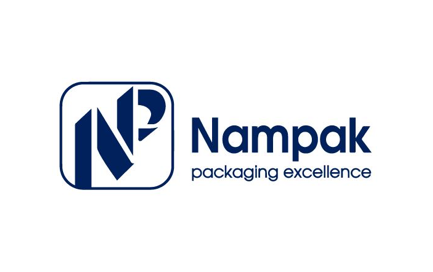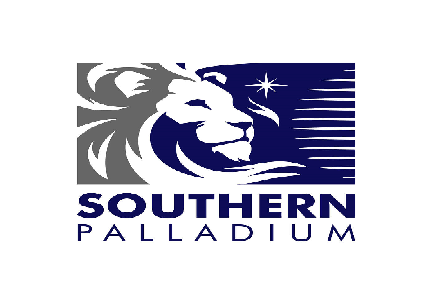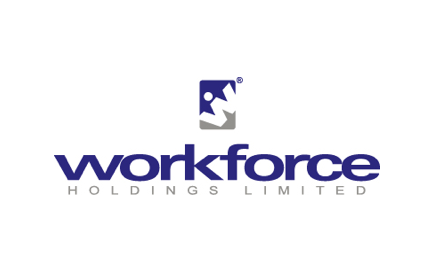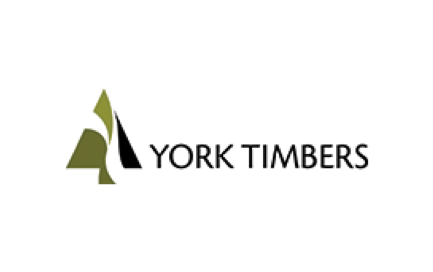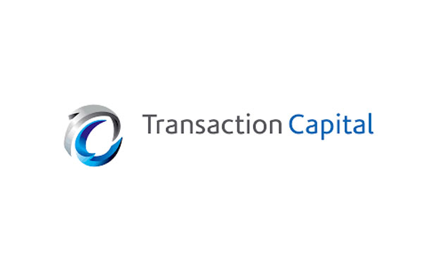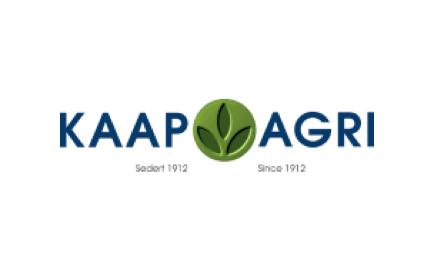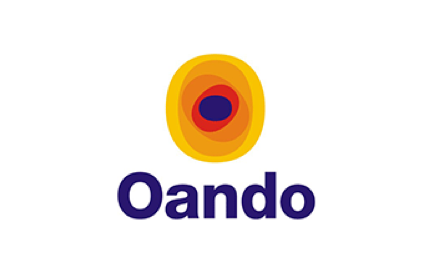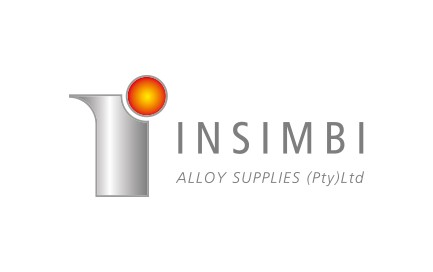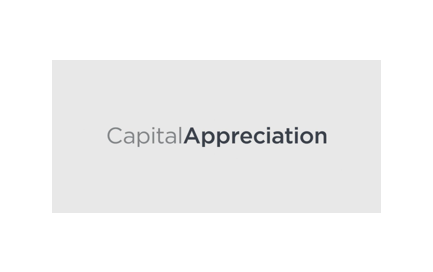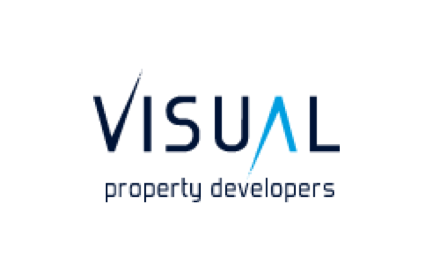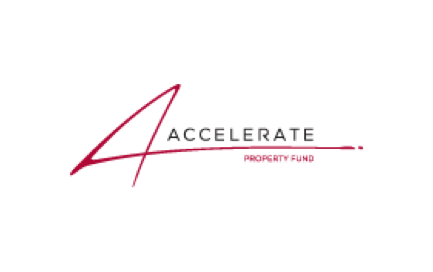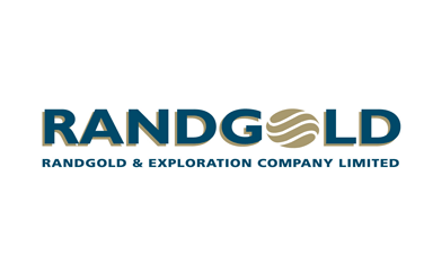
aReit is aDisappointment, as expected (JSE: APO)
This has turned out exactly the way I thought it would
When aReit came to market, I thought that even its name wasn’t the worst thing about it. The portfolio is tiny and the company was hoping to achieve pricing with reference to the NAV rather than the yield. This doesn’t work in South Africa.
Sure enough, liquidity is low and the company is trading at a vast discount to NAV. I wish the best of luck to those who bought the private placing of 20,000,000 shares at R8.00 per share during the listing process. In fact, I wish them a miracle.
The current share price is R3.90, a 58% discount to the NAV. Before you get excited, the dividend for the full year was 29.99 cents, which puts it on a yield of 7.7%.
Why on earth would anyone buy at that yield when you can buy practically every other listed property company (with much larger portfolios) at a higher yield?
Metair? Met eish. (JSE: MTA)
The bad luck just doesn’t stop for Metair
In very unfortunate news, the interim CEO of Metair (JSE: MTA), Sjoerd Douwenga, was involved in an accident this week and is thankfully recovering out of hospital. This understandably led to a postponement of the financial results presentation and roadshow.
This really does cap off a period that Metair will want to forget as quickly as possible. The results for the year ended December were horrible, with revenue up 10% as the only highlight. The company faced all kinds of headwinds, leading to HEPS dropping spectacularly from 354 cents to a loss of 17 cents.
Cash generated from operations fell from R649 million to R152 million.
The good news is that Toyota South Africa (Metair’s major local customer) recovered from the flood earlier in the year by Q4 and business interruption claims were finalised for loss of turnover. Substantial costs were incurred in preparation for the launch of the new Ford Ranger, so that coming on stream will make a big difference as well. Targeted production levels are expected to be reached from April 2023.
If it’s not flooding on one end of the business, it’s hyperinflation affecting the other. The energy storage business in Turkey has had to navigate a hyperinflationary environment and this is going to cause all kinds of headaches for Metair’s accounting. Encouragingly, a substantial portion of input costs and sales are denominated in hard currency and not directly subject to Turkish inflation.
Results like these can only end in pain on the balance sheet. It’s going to take Metair a long time to recover from this, with net debt up to R2.6 billion from R1.3 billion. Net debt to EBITDA is now 4.4x vs. 0.9x previously. The group has breached covenants and is in discussions with borrowers who have not indicated a desire to recall borrowings or even to levy penalties.
At least the earthquakes in Turkey didn’t impact the business. There’s one silver lining in all of this.
The share price is only down 20% in the past year, surprisingly.
Nampak now has a restructuring committee (JSE: NPK)
Of all the committees a company wants to see, this isn’t one of them
Things have been tough for Nampak, to say the least. The company has released an operating update covering the five months ended February 2022.
Revenue increased by 5%, with a mixed bag at operating segment level that saw a 9% increase in Metals and declines of 6% in Plastic and Paper.
The foreign currency issues just keep getting worse, which means that operating profit is running significantly below trading profit. Those losses have increased from R69 million to R436 million. Simply, this means that the profits from weak currency areas aren’t worth nearly as much in real life as they are on paper. It is really difficult to get foreign currency out of places like Nigeria, leading to the “secondary spot market” being used which has far less attractive rates.
With little ability to make a dent in the debt, net interest paid has increased 45% vs. the prior period.
There are also likely to be impairments in Angola and Nigeria as the weighted average cost of capital has increased. I doubt the market cares to be honest, as the focus is entirely on cash and the balance sheet. What is relevant is that the likely impairment in Nigeria is also being driven by lower volumes as consumer spending power comes under pressure. That’s a genuine operational concern.
The demand for large can sizes at Bevcan South Africa suggests that we may be partying a bit harder to deal with the stress of load shedding at everything else. If Nampak really wants to drive more sales, it should put pictures of the balance sheet above the beer fridge.
Metis Strategic Advisors have been appointed to help Nampak restructure the balance sheet. There’s an extensive restructuring plan on the table, including balance sheet initiatives (like refinancing the existing debt package) and strategic initiatives like the sale of non-core assets (not easy in this environment).
Yes, a rights offer is included in that plan as well and is a condition for the refinancing. The quantum is to be determined.
There is now a Chief Restructuring Officer in place, approved by the lenders. Nampak isn’t in business rescue, but there are some elements to this story that aren’t so different. At this stage, it sounds like the lenders are largely calling the shots.
The share price has lost around three quarters of its value in the past 12 months.
More drilling results at Southern Palladium (JSE: SDL)
The company sounds happy with the results
I don’t invest in junior mining because I don’t pretend to understand it. I am not a geologist and every time I read an announcement regarding drilling results, I’m reminding of why I don’t invest in what I don’t understand. At least when things go wrong in other companies, I can figure out why!
I do tend to skip to the management commentary in these announcements, simply to gauge whether the results are in line with expectations or not. With Southern Palladium having received all results for drilling completed to-date at the Bengwenyama project, the management team is happy that the latest results have continued to “confirm the consistency of the grade and continuity of the UG2 reef” – a result that correlates with the compliant Inferred Mineral Resource.
Workforce reports a 21% increase in HEPS (JSE: WKF)
There’s still no dividend, though
Revenue at Workforce Holdings increased by 24% in the year ended December 2022, taking it to an all-time high for the group of R4.3 billion. Life after Covid is a lot better for this group, with increased economic activity and a return to form for the training and education part of the business.
Although EBITDA was only 10% higher, this was good enough to drive a 21% increase in HEPS.
Despite the stronger results, there is no final dividend here. The company wants to retain cash based on current economic uncertainty and to ensure that it has capital for acquisitions.
With reference to the outlook for its divisions, the company reckons that “all businesses see better prospects for 2023” – an encouraging statement indeed.
The only good news at York is the debt reduction (JSE: YRK)
But you need to look at the working capital and especially the earnings
The first paragraph of the earnings report says it all, really. The word “difficult” is in the opening line and the second sentence talks about a need to urgently improve operating efficiencies. This is exactly the issue with York: those who are bullish (and there aren’t many of them) tend to point to the value of the forests, whereas I’ve always looked at the value generated from turning those forests into wood.
As I wrote recently when York first flagged these earnings, you can’t value a timber business like a botanical garden. They need to generate economic profits by operating, not merely existing. Ironically, the value of the biological asset has increased because of delayed harvesting!
Revenue has dropped by 7% in the six months to December and HEPS fell from 17.04 cents to 11.90 cents. There is once again no dividend.
The good news is that debt has come down, though it still sits at a very high level of 8.6x EBITDA. It’s not hard to see why the company needed a rights offer and if they don’t get this right, I wouldn’t write off the possibility of another one at some point.
Cash generated from operations is worth keeping an eye on, down from R119 million to R46 million.
I don’t think things are going to get better anytime soon, based on the management commentary in the outlook. The share price is down 25% over the past year, trading for several months in a range before breaking lower each time.
Little Bites:
- Director dealings:
- An associate of a director of Transaction Capital (JSE: TCP) – one who hasn’t bought shares in the recent collapse – has bought shares worth R1.4 million.
- Be careful if you are a KAL Group (JSE: KAL – previously Kaap Agri) shareholder. If you own fewer than 100 shares, the odd-lot offer is aimed squarely at you. The default election is to accept the offer and the price of R40.6161352 per share will be paid to you as a dividend, which means it will be subject to dividend withholding tax of 20%. The current share price is R40.30. I’m no tax expert, but I would look carefully at your tax liability if you were to sell the shares instead of accepting the odd-lot. Of course, you can also choose to retain the shares.
- Having issued a flurry of financial reports, Oando PLC (JSE: OAO) has now announced that its core shareholder (Ocean and Oil Development Partners) wants to acquire the shares held by all minority shareholders. The price is a 58% premium to the last traded price on 28 March 2023. I need to specify the year, because it’s easy to assume that there has been no trade in the share when you consider the financial reporting backlog.
- Rex Trueform (JSE: RTO) is buying a property in Epping for R65 million. The company has decided to follow a strategy of investing in industrial properties, in this case acquired at a yield of 9.75%. R20.9 million is funded from existing cash and R44.1 million from a bond.
- I appreciate seeing small caps execute share buybacks, as they tend to trade at modest multiples and hence an investment in their own shares is logical. Insimbi Industrial Holdings (JSE: ISB) has repurchased 3% of its shares in issue.
- After the retirement of Motty Sacks as the Executive Chairman of Capital Appreciation (JSE: CTA), fellow co-founder Mike Pimstein will take over the role. Pimstein will relinquish his role as Joint CEO, leaving Bradley Sacks as the sole CEO. Whenever you see an Executive Chairman, it’s important to take note of the Lead Independent Director. Kuseni Dlamini fulfils that role at Capital Appreciation.
- Visual International Holdings (JSE: VIS) has received approval from City of Cape Town for the construction of Stellendale Junction, which will consist of around 500 apartments.
- The CFO of Accelerate Property Fund (JSE: APF) is retiring on 31 March and has been replaced on an interim basis by an internal appointment.
- Randgold & Exploration Company (JSE: RNG) reported an operating loss of R22 million for the year ended December 2022. The net asset value per share decreased 15.9% to 122 cents.

